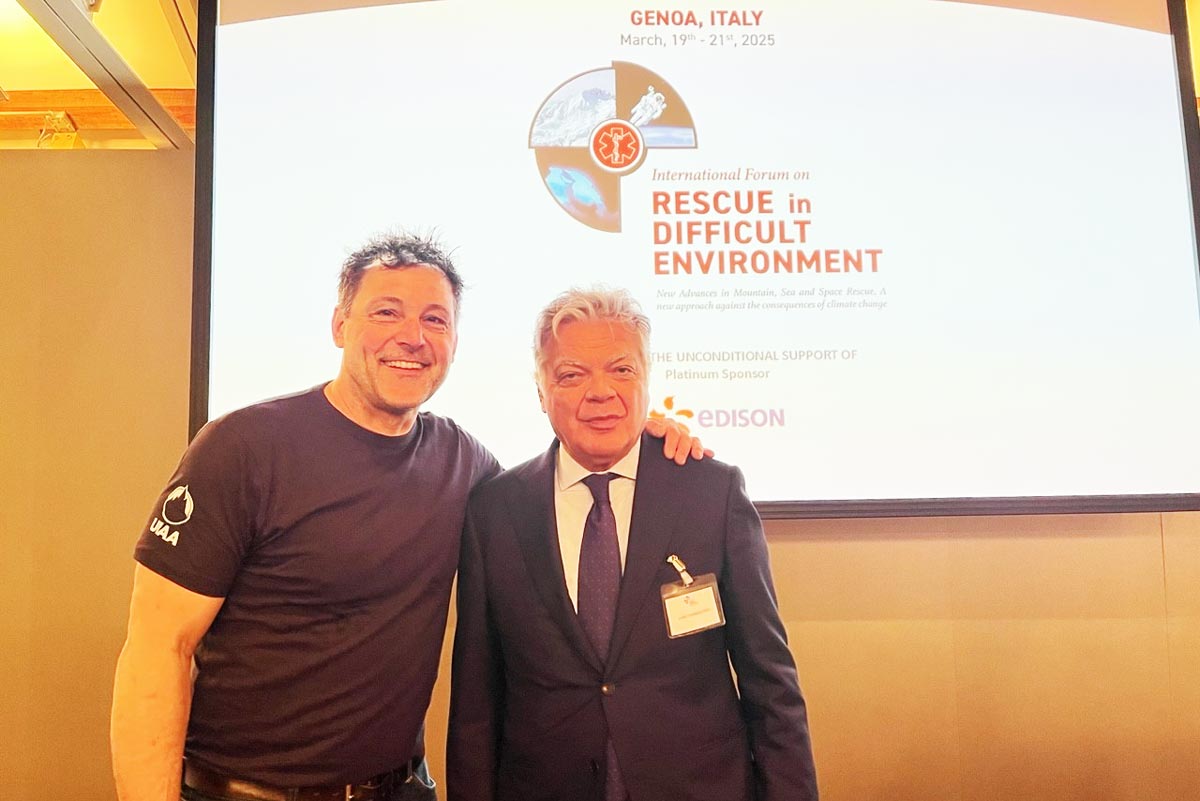he documents on the disorders and contracts for expedition doctors are the latest in a series of recommendation papers published by the UIAA Medical Commission.
The “Travel to Altitude with Neurological Disorders” paper looks at different neurological conditions and the problems they may cause at altitude. It assesses the affects altitude may have on the conditions and provides advice on whether or not they are likely to worsen.
Migraines, transient ischemia of the brain, multiple sclerosis, neuromuscular disorders and epilepsy are among the disorders that are discussed in the paper.
It looks at how altitude affects the brain and what side-affects the increase in blood flow and reduction in oxygen levels can have on each disorder. It details if any preventive measures can be taken to alleviate symptoms or conditions on expeditions.
A second paper, “Model Contract for Health Care on Trekking and Expeditions for Doctors”, acts as a point of reference for medical professionals and expeditions’ operators. It lists what should be considered when drawing up contracts for expedition doctors.
Defined are the parties involved in such a contract, such as expedition doctors, along with their specific obligations and responsibilities. In the past practitioners have requested to join expeditions in order to gain a reduction in the price of a trip, without full knowledge of their role.
There are also details on expedition members and locally employed staff, such as porters.
Both papers are intended for use by doctors, mountaineers and expedition operators. They are published by the Medical Commission, consisting of a global forum of doctors, to provide up-to-date information on medial issues relating to the mountains. The commission has written a number of papers, published in both English and German, on a wide range of mountain medical issues. For access to all of the documents, please go to the Advice and Recommendations page.


